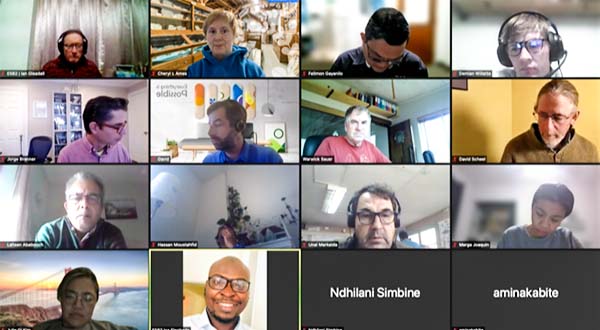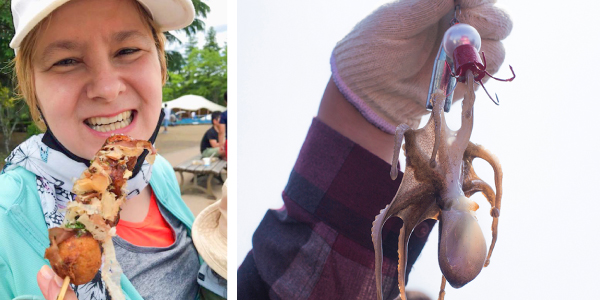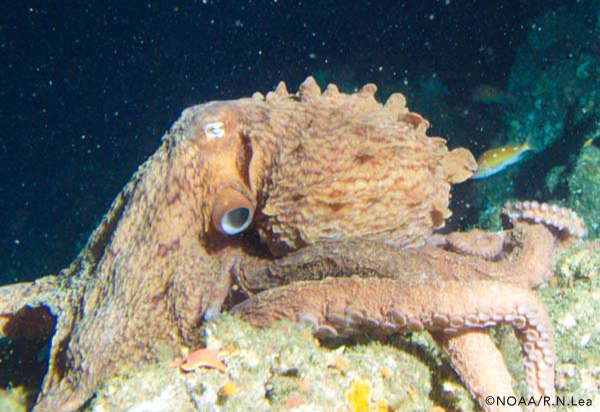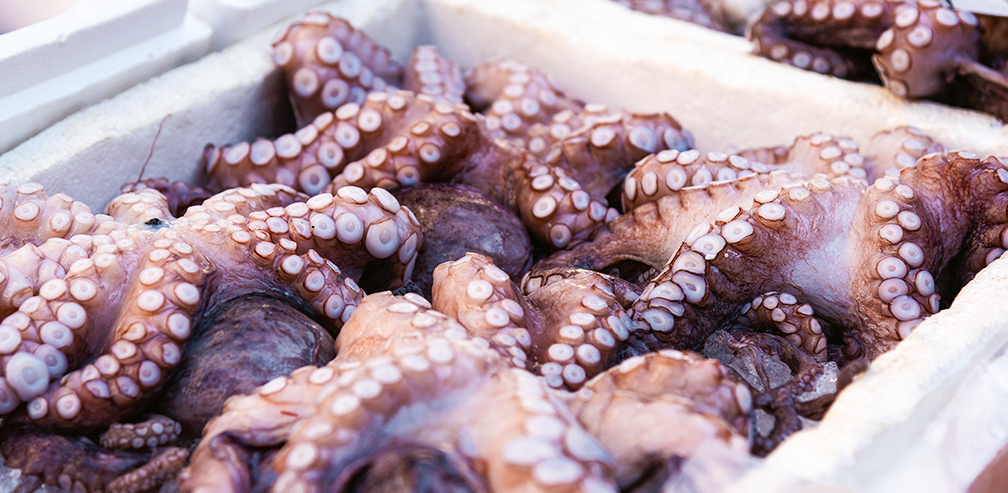Cephalopod fishing - octopus, squid, and cuttlefish - has sky-rocketed in the past six decades. But species are often misidentified, and catch numbers are inaccurately reported, leading to fears of overfishing.
A multidisciplinary, international research team hopes to reverse this trend by creating a Seafood Traceability Network that ensures octopus fishing sustainability.

The 15-member team, led by Co-Principal Investigator Cheryl Ames of Tohoku University (365体育|365体育投注@ Collaborator at the Smithsonian National Museum of Natural History) and Principal Investigator Demian Willette of Loyola Marymount University, includes experts from seven countries in the fields of fisheries management, marine biology, computer science, data science and analysis, environmental anthropology, genetics, and fisheries trade policy. Tohoku University's Associate Professor Alyne Delaney (Center for Northeast Asian Studies) is also involved in the study.
The project is one of 28 awardees in the National Science Foundation Convergence Accelerator's 2021 cohort. This includes $750,000 in funding for the project's first phase.
"Through this international project we aim to build an application that tracks and identifies octopus and their distribution from the ocean to the table, combining traditional methods with leading-edge technologies of genomics, molecular metabarcoding, environmental DNA (eDNA), and artificial intelligence," says Ames.

Industry partners, from fishers to seafood processors, will help inform and test the human-centered design of traceability tools for real-world use.
Field research for the first stage begins in December. Fishers in Mexico, California, and Alaska will deploy easy-to-assemble eDNA collection kits and pass the information back to the research group. The team will extract the eDNA and apply artificial intelligence to predict the extent of octopus distribution and seasonality. They also plan to develop a website dashboard that makes it simple for participants to upload data, such as photos that an artificial intelligence program will use to identify octopus species.
Ames is confident the Seafood Traceability Network will lead to an ecosystem-based fishery for octopuses and contribute to a blue economy. "Reliable knowledge will point us to where edible octopuses are found, and policymakers can use this information to make octopus fishing sustainable."

365体育|365体育投注@:
For research related inquiries:
Cheryl Ames,Tohoku University, Graduate School of Agricultural ScienceTel: +81 22-757-4178
Email: ames.cheryl.lynn.a1
 tohoku.ac.jp
tohoku.ac.jp
For PR related inquiries:
General Affairs,Graduate School of Agricultural Science
Tel: +81-22-757-4004
Email: agr-syom
 grp.tohoku.ac.jp
grp.tohoku.ac.jp



